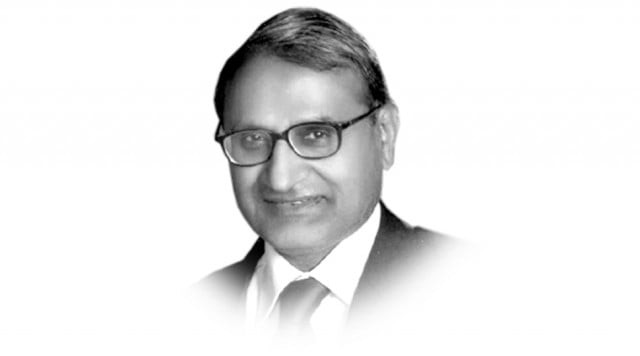Clean drinking water for few

Clean drinking water for few
Access to safe drinking water is important for health, human productivity and poverty reduction. It is also a human right. The commitment made under the Millennium Development Goals (MDG) was to halve, by 2015, the proportion of people without sustainable access to safe drinking water. This would require the coverage of 93 per cent of the population. From the benchmark of 65 per cent in 2004-05, the target of coverage by 2009-10 was fixed at 76 per cent in the Medium Term Development Framework 2005-10.
A Clean Drinking Water for All programme was promised to be completed on a fast track basis. In effect, it became a programme to import water filtration plants and a bone of contention between the ministries of environment and industries, landing up eventually in the lap of the latter under the garb of Special Initiatives. Musharraf kept announcing with great fanfare that the programme would be fully implemented by 2008. The aim was to install one water purification plant in each union council at a cost of Rs15 billion. According to a mid-term evaluation, only Rs6.5 million had been utilised by June 2007. That evaluation also claimed that the overall coverage of population for water supply increased slowly from 65 per cent to 67.3 per cent. By June 2010, an expenditure of Rs7.2 billion out of an enhanced allocation of Rs 15.8 billion had been incurred. The target of covering 76 per cent of the population in terms of water supply has been missed completely. As the latest Economic Survey indicates, the coverage in 2009-10 continues to be what it was in 2004-05, i.e. 65 per cent.
In the meantime, a National Drinking Water Policy 2009 has been announced, which pushes the target of providing safe and drinkable water to the entire population further to 2020, admitting thereby that the MDG target will not be achieved by 2015. The policy of course says all the nice things: conservation and recycling, equitable access, improved quality of service delivery, greater private sector and community participation, especially of women. As usual, the rhetoric exceeds concrete projects, programmes and allocated money.
Water consumption in the domestic sector, 8 per cent of the total, is exposed to bacterial, arsenic, fluoride and nitrate contamination. Its unsafe nature has consequences far more destructive than its agricultural and industrial uses. 25-30 per cent of the hospital admissions, 40 per cent of deaths and 60 per cent of infant deaths are associated with water borne diseases. The most common of these, diarrhoea, costs the economy Rs55-80 billion annually.
Published in The Express Tribune, July 16th, 2010.
















COMMENTS
Comments are moderated and generally will be posted if they are on-topic and not abusive.
For more information, please see our Comments FAQ